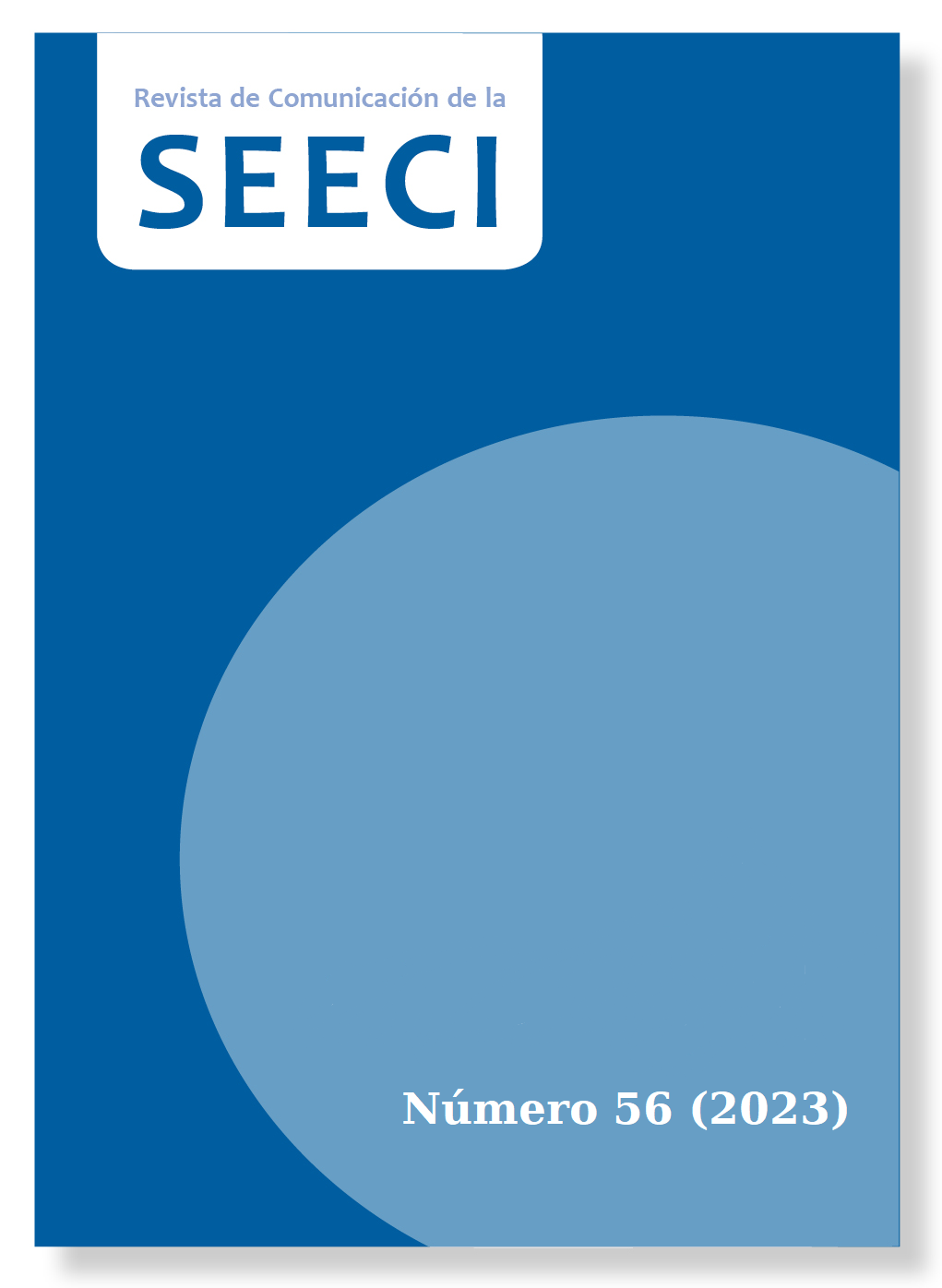A community pre-professional experience linked to teaching in Social Communication.
Main Article Content
Abstract
As an alternative means of communications, community communicatios is essentially a tool to give voice to historycally marginlized social groups,an assumption that needs to be visualized every day as a reference to condition social changes in communities throug education. The goal of the Word is to expose some experiences as teahers together with students of the Social Communication career in some neighborhoods of Cuito/Bie, Angola. The experience resulted in shared intercultutal learning between students and teachers. It was supported by tolos of the Participatory-Action-Research methodology and the postulates of Popular Education. Is is not intrntend to expess finished ideas, but to provoke reflexive approaches on a practice that is continually reconstructed.As teachers at the Escuela Superior Politecnica de Cuito/Bie, in Angola, they took advantage of the opportunity provided by the coincidence of the delivery in the fifth semester of the career, of the subjects of Communication and Health and Educational Communication, with the pprecedence of having studied Communication for Development and Itercultural Communication in the year, so that the students, integrated into teams, carry out field work in some neighborhoods of the community, all with the objective that they apply in practice, the knowledge acquired in various subjects. The visit to the community with the preparation of the contents estudied, were consolidating the experiences of the students, allowed to make observations in the field and strengthen the process of interaction between theory and practice, using tolos of the research metodology. The interviews, observation guides, questionnaires and almost daily face-to-face interation gave scientific objectivity to the task performed. It was posible to verify the unhealthy life practices of many of its inhabitants in the interaction with the environment, the non-use of the natural leaders of these communities for improvement of the same, as well as insufficient communication between the community and the institutions close to them fundamentally. The experience conclusively corroborated the weaknesses that still exist in the extensionist work by the university, that community work is a space almost invisible by the large media and the universities of the territory , it also allowed students to the have a different look to the cultural and communicative practices of the enviroment in question. The photographic evidence illustrates the above.
Downloads
Article Details

This work is licensed under a Creative Commons Attribution-NonCommercial 4.0 International License.
The Journal of Communication of SEECI recognizes and promotes copyright rights, as well as the need to disseminate knowledge in an accessible and equitable manner. Our journal operates under a Creative Commons License CC BY-NC 4.0, which allows authors and users to:
- Share and Adapt: Copy, redistribute, and adapt the material published in the journal in any medium or format.
- Attribution: Properly acknowledge authorship and provide a link to the license, indicating if any changes have been made.
- Non-Commercial: Do not use the material for commercial purposes without the express permission of the authors and the journal.
- Authors retain copyright and may enter into non-exclusive agreements for self-archiving, deposit, or distribution of the publisher's version published in this journal, including institutional, national, or international repositories, and personal websites.
References
Álvarez Tabío, P. (Comp.) (1976). Escuela de Electricidad. En: Escritos sobre Educación. Editorial Ciencias Sociales.
Buitrago Trujillo, H. A., Betancur, Gómez, C. y Zuluaga, Quinceno, E. (2016). Medios de comunicación para el cambio social y comunicación para el fortalecimiento del tejido social. Comunicación, 34, 85-97. http://revistas.upb.edu.co/index.php/comunicscion/article/view/1665
Cordero Durán L. (2018). La comunicación como proceso cultural. Pistas para el análisis Revista Estudios del Desarrollo Social: Cuba y América Latina, 6(3), 3-4. http://scielo.sld.cu/scielo.php?script=sci_arttex&
de Santos Souza de B. (2007). La universidad en el siglo XXI. Para una reforma democrática y emancipatoria de la universidad (4ta ed.). Plural Editores.
Freire, P. (2004). Pedagogía de la autonomía: Saberes necesarios para la práctica educativa. Editorial Paz e Terra S.A.
Martín-Barbero, J. (2011). Los oficios del comunicador Revista Signo y Pensamiento XXXI(59), 18-40.
Ministerio de Educación Superior. (2014). Plan de Estudio Comunicación Social. República de Angola.





